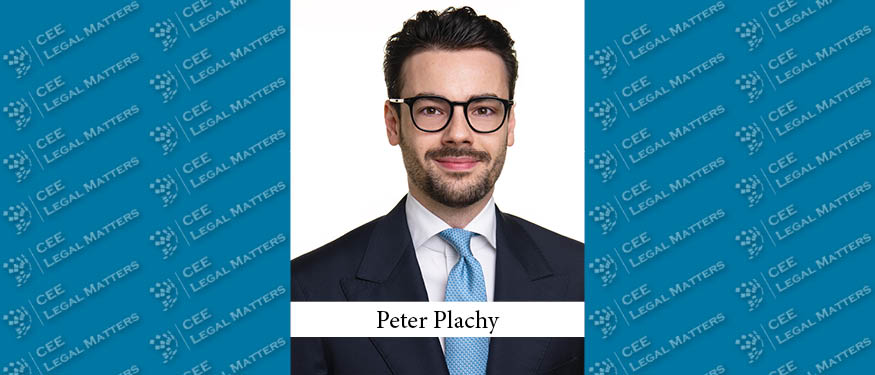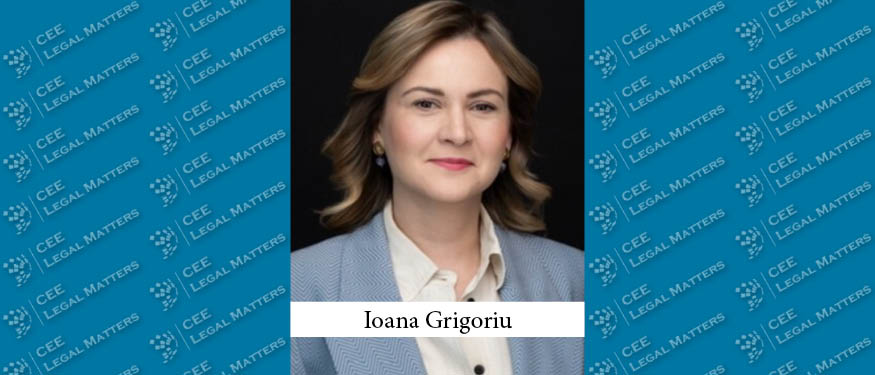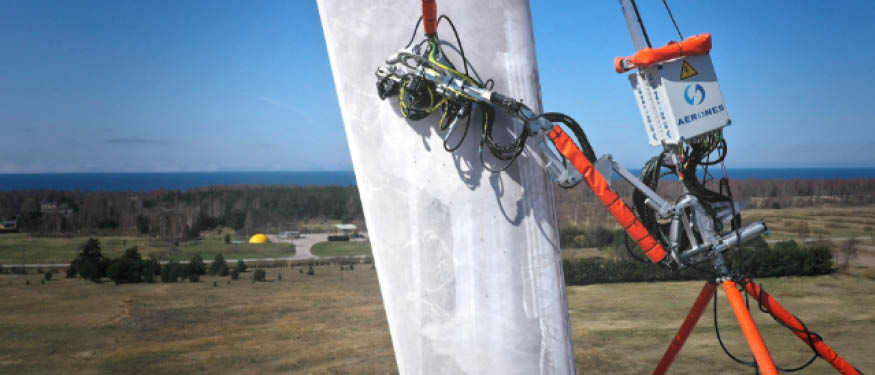The Supreme Administrative Court (SAC) ordered the National Revenue Agency (NRA) to repay default interest charged on precisely defined and fully paid advance corporate income tax instalments that were not declared.
The court, in a final decision dated 21 March 2024, ruled that a company’s appeal against an act of set-off and recovery issued by the NRA was justified. By the act of set-off and recovery, the NRA refused to reimburse the company for the default interest charged on the advance corporate income tax instalments for 2021, which were paid without submitting a declaration pursuant to Art. 87a, para. 1 of the Corporate Income Tax Act (CITA), by which, after the amendment of the law, in force from 01.01.2021, the advance instalments for the current calendar year are to be declared in a standard form between 1 March and 15 April of the same year. It was established before the court that the company did not submit an initial declaration pursuant to Art. 87a CITA, but that the monthly advance payments were transferred to the company’s tax and social security account within the legal deadlines, and that the advance payments paid by the company covered and even exceeded the annual corporate tax due, while the company had no other obligations to repay the instalments. Given these facts, the SAC stated that, despite the absence of a declaration pursuant to Art. 87a CITA, as the company had determined and paid the annual corporate income tax in full, which had been credited to the state budget, to the tax account, and at the same time, due to the absence of an excess within the meaning of Art. 89, par. 1 CITA, this provision is inapplicable, and the contested act of the NRA, which refuses to reimburse the interest collected for late payment of tax instalments, is contrary to the substantive law and the purpose of the law.
In order to overturn the NRA’s refusal to reimburse the collected interest, the SAC panel, in upholding the decision of the court of first instance, accepted that
- the obligation to determine and pay the advance instalments of corporate income tax arises by virtue of the law (Art. 83, paras. 1 and 2, Art. 90, para. 1 CITA) and not by virtue of the submission of a tax return;
- by paying the monthly advance instalments within the legal deadlines, the company has determined the amount of the advance instalments due, although not in the form provided for by law – by a declaration pursuant to Article 87a CITA;
- the taxes due are deemed to have been paid on the date on which the amounts are credited to the State budget in the account of the relevant territorial directorate of the NRA;
- the NRA has not fulfilled its obligation under Art. 87, paragraph 2, point 4 of the Tax and Social Security Procedural Code (TSIPC) to record in the company’s tax and social security account the payments made by the same company with a precise indication of the reason on the payment slip;
- the sums paid as advance payments were at the disposal of the NRA and that the public purse was not damaged;
- in accordance with Art. 89, para. 1 CITA, the purpose of the law is to compensate for the damage caused by the late payment of the part of the instalments paid after the deadline of Art. 90, para. 1 CITA, and that this is a prerequisite for the liability for interest under Art. 89, para. 1 CITA, is an excess of the annual tax over the specified advance instalments and not over the instalments declared by the taxpayer;
- the failure to submit a declaration in due time pursuant to Art. 87a CITA is a ground for administrative-criminal liability (Art. 261 CITA), but does not constitute an independent basis for an obligation to pay default interest pursuant to Art. 89, para. 1 CITA.
With this decision, the SAC has accepted that the tax authorities are obliged to act proactively and that, when amounts are received in the tax and social security account of a taxpayer but no declaration is made, the NRA itself, in accordance with the principles of objectivity, ex officio and the right of defence (Art. 3, Art. 5 and Art. 6 TSIPC), in order to clarify ex officio the facts and circumstances relevant to the determination and discharge of the obligated person’s contributions, including by informing the taxpayer of the necessity and possibility of submitting a missing declaration, albeit belatedly.
By Meglena Konstantinova, Senior Associate, Boyanov & Co
















